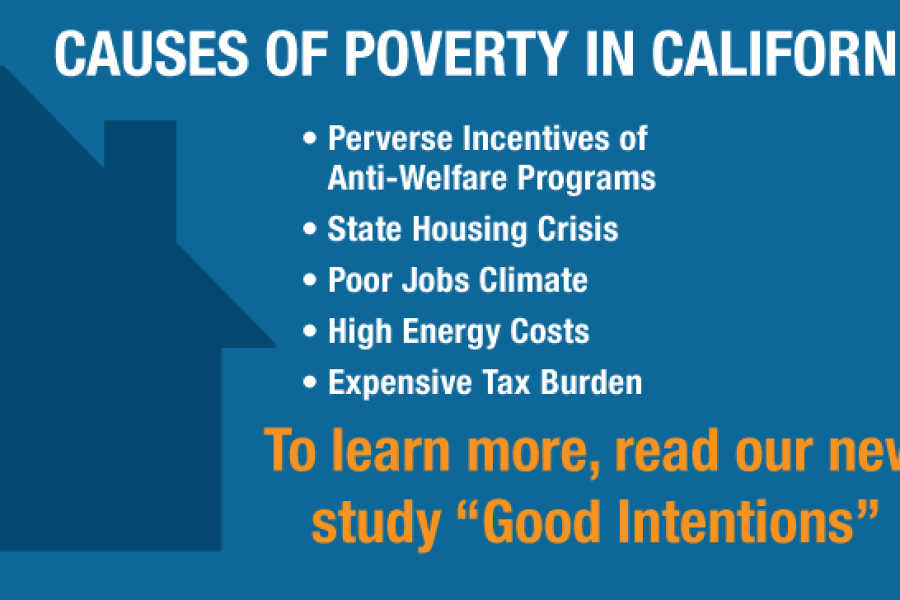Usually around this time of year, you’ll see state lawmakers wielding a big stick.
In search of headlines or political points, lawmakers will routinely target some politically incorrect industry with punitive legislation. Unless that industry agrees to eat a legislative carrot of new regulations, taxes, or fees that aren’t as bad as proposed, they will feel Sacramento’s wrath.
Last week, the Legislature got a taste of their own medicine – and we have the initiative process to thank for it.
Instead of wielding their big stick, it was lawmakers who were forced to eat a legislative carrot, enacting a 12-year, statewide moratorium on local soda tax ballot measures.
Wielding the big stick in this case was the beverage industry.
As I have written in the past, lawmakers have targeted “big soda” in recent years with measures to levy a “sweetened beverage tax” and more successful efforts targeting soda machines in schools. Lately, local politicians have gotten into the act, with ballot measures imposing local sales taxes enacted in San Francisco, Oakland, and other cities, with more on the table for 2018.
The beverage industry decided to fight back with their own stick, in this case a proposed statewide ballot measure requiring a two-thirds vote to approve local sales tax increases. The ballot measure had already qualified for the 2018 ballot thanks to the financial support of the beverage industry.
Lawmakers had to act by June 28 – the deadline for proponents to pull a qualified measure from the ballot – or else the beverage industry would and let the measure appear on the ballot.
Sacramento Mayor Darrell Steinberg encouraged lawmakers to pass the measure because it would threaten a proposed sales tax measure in Sacramento for the November ballot (I’ll write about that proposal in a future post). The statewide measure would have likely invalidated local sales tax measures in Sacramento and other cities on the November ballot.
He said, “I’ve been in politics a long time, and sometimes you have to do what’s necessary to avoid catastrophe.” Ironically, they were put in this situation thanks to a law written by Steinberg that lets initiative backers pull a measure off the ballot if they worked out a compromise with the Legislature.
In his signing statement, Gov. Brown said that, “mayors from countless cities have called to voice their alarm and to strongly support the compromise which this bill represents.”
At the end of the day, this political theater shows that getting their hands on more tax dollars is more important than just about anything else in Sacramento.
Sacramento politicians hate the initiative process, and for good reason. It’s about the only public policy arena these days that they don’t have total control over. Over the years, the initiative process has empowered grassroots activists and political groups to go around legislative roadblocks and enact important reforms.
Now it certainly would have been a good thing for taxpayers to let the statewide measure go on the ballot to give local taxpayers some relief. Whatever you think about the soda tax issue (and it may not be the end of the story as health groups announced their own plans for a statewide soda tax measure in 2020), it was refreshing to see the tables turned on lawmakers, who have bullied employers for far too long.
Senate President Pro Tem Toni Atkins said after the vote that, “we certainly will not forget the position we were put in.”
Let’s hope she and others remember what it feels like the next time they think about going after an otherwise-innocent California industry that is responsible for thousands of jobs, supports their community, and generates significant tax revenue.
Tim Anaya is communications director for the Pacific Research Institute.


